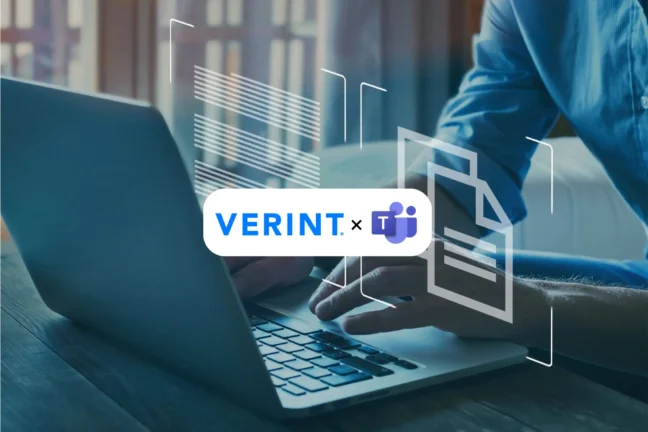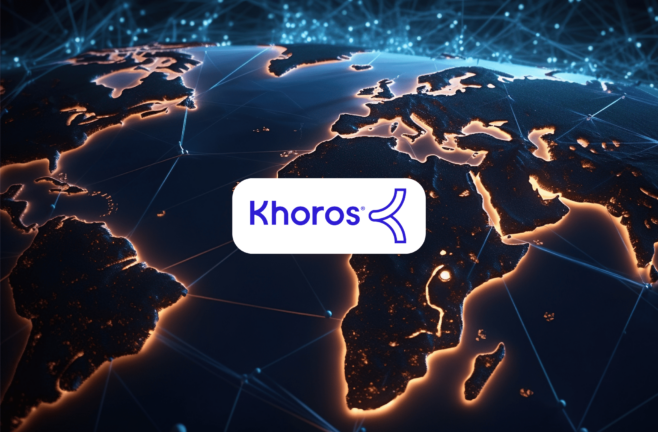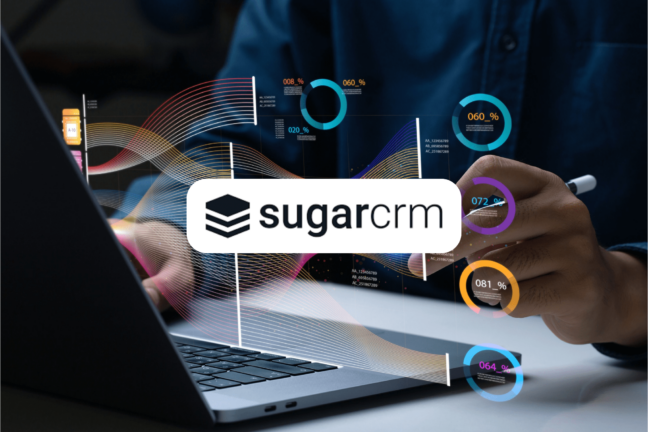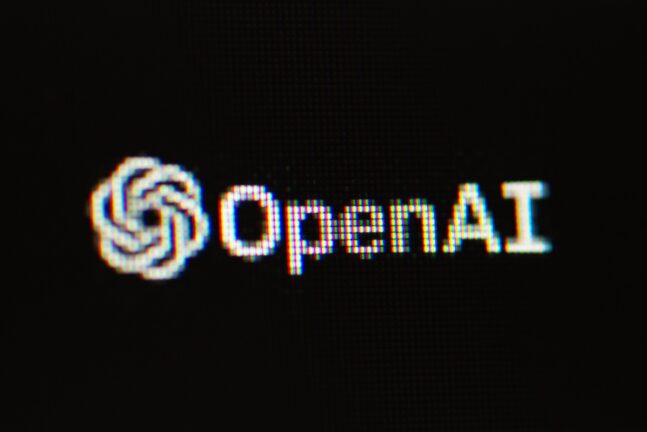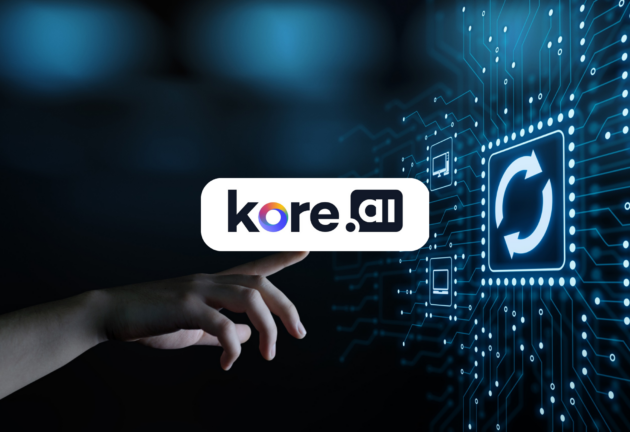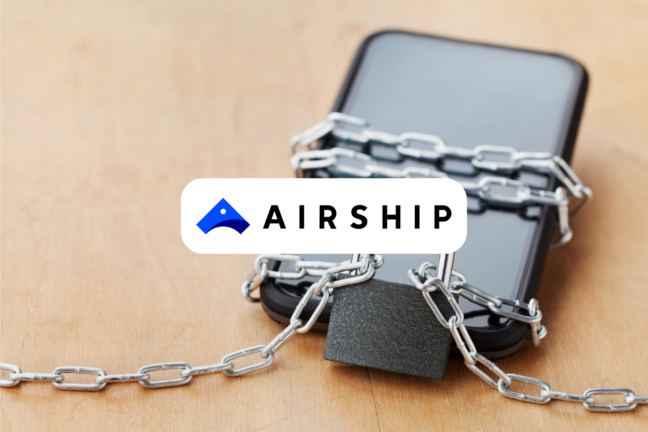Have you ever wondered how big tech managed to stay on top for so long? Trust me, it wasn’t just luck… For years, these giants had a secret weapon—AI. They had the resources, the data, the teams of experts, and the infrastructure to build incredibly sophisticated systems that left everyone else in the dust. For the longest time, if you were a smaller company, trying to compete with these giants felt like a losing battle. They had all the tools, and you? Well, you had to make do with whatever you could cobble together.
But here’s the thing: that’s all changing now. And fast.
Here at Glassix, we’ve seen this shift up close. Thanks to the rise of generative AI models like GPT-4, the playing field is finally leveling out. The days when only big tech could afford to utilize the power of AI are over. Now, even a small startup with a big idea can access the same advanced tools that were once locked behind the gates of Silicon Valley. And let me tell you, it’s the real deal, literally THE game-changer we’ve all been waiting for!
So, what does this mean for the rest of us (normal people, you know)? It means that the barriers that used to hold smaller companies back—like the need for mountains of data or a team of PhDs—are starting to crumble. Today, you don’t need a massive budget or a huge team to leverage AI. With models like GPT-4, you can get incredible results immediately—no need to spend months or years developing and training your custom models. The tools are there, ready and waiting.

At Glassix, we’re using this to our advantage. We’ve integrated generative AI into our platform, and the impact has been huge. We’re delivering AI-powered solutions that rival those of the biggest tech companies but without the crazy costs or complexity. And the best part? We’re doing it in a way that’s accessible to everyone.
So, here’s the big question: if AI is now within reach for all of us, what’s stopping you from using it to transform your business? The old rules no longer apply. The giants aren’t the only ones with access to these tools anymore. The future of AI is here, and it’s open to all. What will you do with it?
The traditional AI landscape
AI traditionally gave big tech companies a competitive edge, such as Google's search algorithms or Amazon's recommendation systems. These tools improved user experience and created significant barriers to entry in their respective markets. For a long time, integrating sophisticated AI into business operations was a complex and costly task, often reserved for those with substantial resources.
The entry barrier was high:
- You needed to have a lot of data, curate it, clean it, and label it.
- The data had to be structured. Structured data consists of numbers and values, whereas unstructured data consists of text, audio, and video files, among other things.
- A team of machine learning experts to experiment with different ML algorithms
- The infrastructure costs were prohibitive, and despite these investments, the outcomes often fell below expectations.
And usually, the result wasn't good enough.
Hi, Generative AI
AI models like GPT-4 are now accessible to all, leveling the playing field between startups and tech giants and allowing smaller players to harness the same powerful tools. Every one of us, every junior developer and teacher, has access to the top-tier AI models in the world—the same access that big tech companies have. This widespread access disrupts traditional power dynamics, as the same advanced tools are available to everyone.

Before GenAI, you had to train a specific model for every task. With GenAI, the same model can achieve better results out of the box without particular training!
This shift is likely to spur innovation at an unprecedented scale as emerging startups enter the field with the capability to build advanced solutions without the initial overhead of traditional AI systems.
What about the cost?
Traditional AI is much cheaper and more efficient than generative AI. But that is changing rapidly. OpenAI recently introduced GPT-4o mini.
Although this model could be better in terms of quality, its cost is a game changer - 60% cheaper than the GPT-3.5 Turbo.
All seven Harry Potter books contain 1,084,170 words and take up 6,095 pages. Feeding GPT-4o mini all these books and asking questions about them would cost about 23 cents!
Implanting large language models in different products has been costly until now. However, the declining costs of LLMs are starting to change that.
Under the hood
Alright, so we’ve established that AI is no longer just the playground of big tech. That’s exciting, right? But let’s not sugarcoat it—this shift isn’t all rainbows and unicorns. We’re talking about a massive disruption to the status quo, and a lot of uncertainty comes with that.
Sure, it’s great that smaller companies now have access to the same AI tools and features as the giants. But here’s the big question: Can they really capitalize on it before the rules of the game change again? Big tech isn’t going to sit back and watch their dominance slip away. They’re adapting, too, and they’ve got resources most of us can only dream of.
As mentioned, yes, AI is getting cheaper, but it’s not exactly pocket change. Smaller players might have the tools, but do they have the know-how and budget to make it work? Are we really seeing a level playing field, or are we just creating new hurdles?
At Glassix, we’re diving headfirst into this new world, and it’s thrilling. But we’re also keeping our eyes open. This isn’t just about technology; it’s about how we use it. The tools might be more accessible, but the challenge now is using them effectively and staying ahead in a game where the rules are constantly changing.



